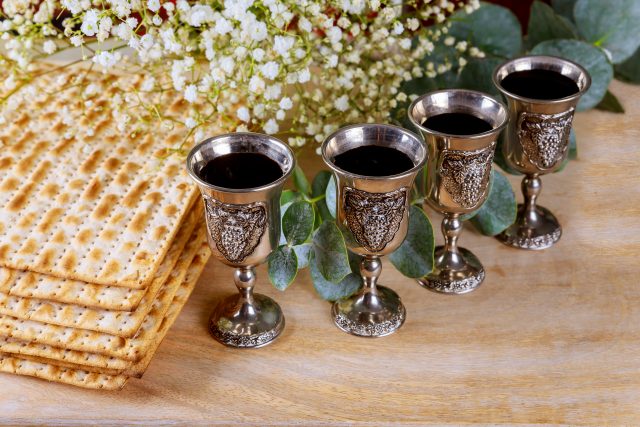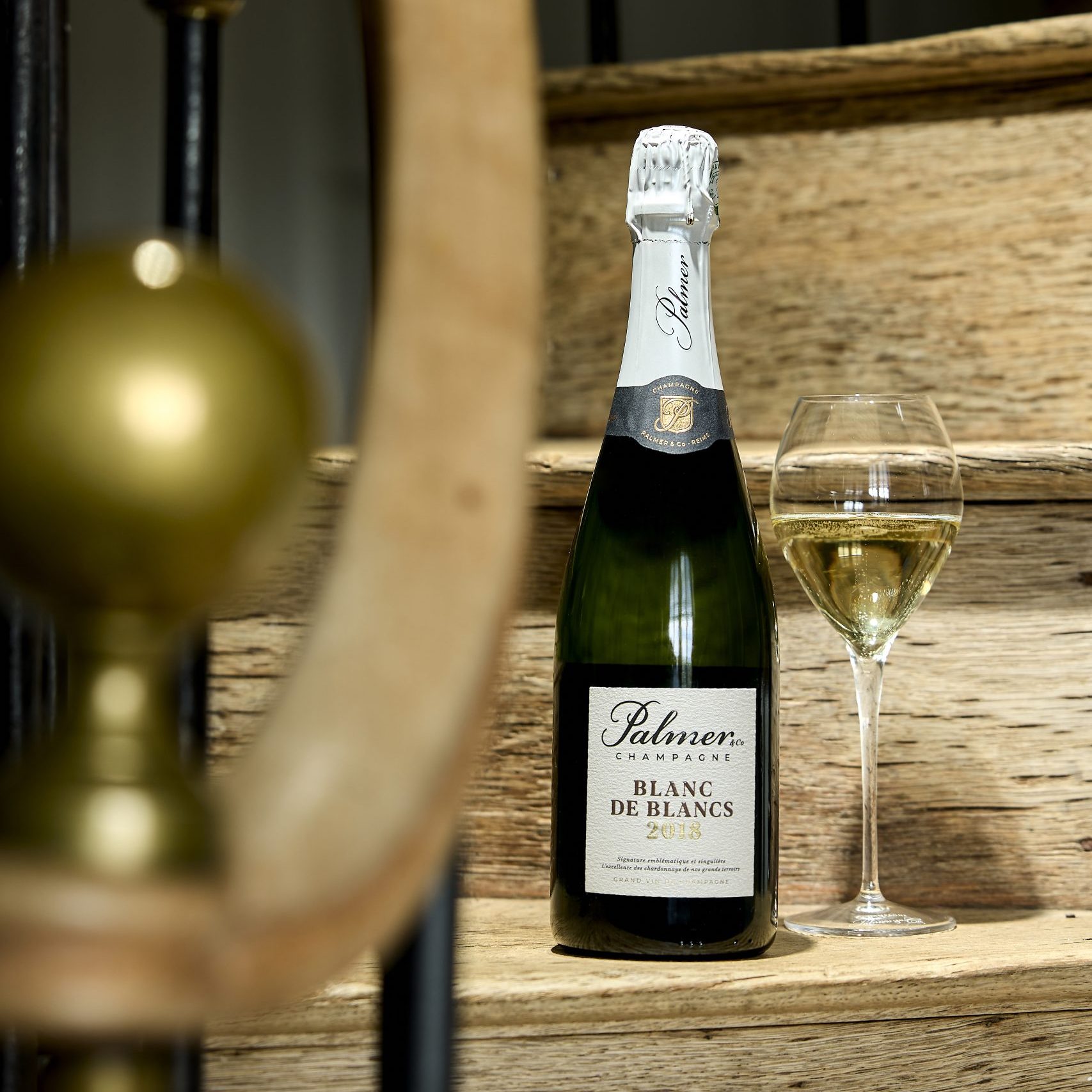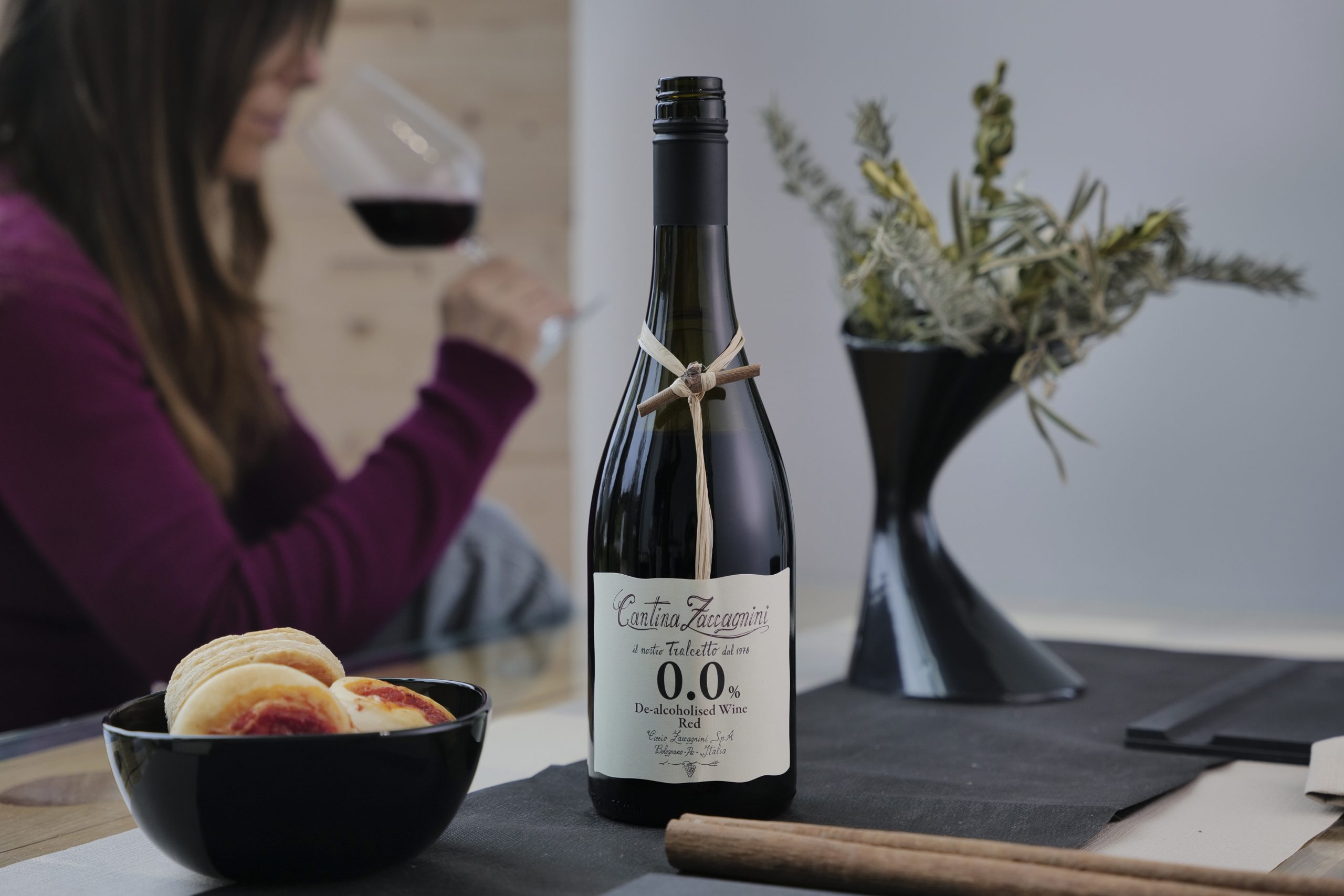What makes a wine kosher?
Ways to identify Kosher wine have been highlighted by experts to help those sourcing a bottle or two prior to Jewish Passover and Easter.

In a recent report from Press Herald, it was pinpointed how Kosher wine should be made according to Jewish dietary laws and under supervision of a rabbi. Plus, any added ingredients – such as yeast or fining agents, if used – must be certified kosher.
The rundown specifies how kosher wine is the subject of many misconceptions, but still plays an important symbolic role in Jewish and Christian religious celebrations.
The report outlined how wine features prominently in the Jewish Passover, which begins 15 April this year, and Christian Easter, two days later,making this a prime time to identify the basics for those looking for kosher offerings.
Wine writer, author and founder of Covenant Winery Jeff Morgan said: “Kosher wine can be made exactly like non-kosher wine. The only real difference is that a kosher wine must be handled by sabbath-observant Jews from when the grapes arrive in the winery until bottling.”
Morgan makes 24 kosher wines, 19 in California and five in Israel, but identified how ‘kosher’ does not signal quality – or lack thereof and highlighted: “Most of our wines at covenant are native-yeast fermented, unfined, unfiltered and dry. I’ve tasted a few covenant wines and will attest to their quality.”
Partner Content
According to the specifics, since wine is made with one basic ingredient, the kosher determination is simple compared to processed foods made from many ingredients on various types of equipment, all of which must be kosher.
There are, however, a few myths about kosher wines and those in themselves need to be busted by common sense. The first myth is that kosher wines need to be boiled. This is not true, it is outlined, and one of the primary misconceptions leading to kosher wines’ reputation of poor quality. The myth stems from the fact that there is a subcategory of kosher called mevushal, which requires a product to be heated to 185 degrees, but that’s well below boiling, and it doesn’t have to stay there for long. The advantage of mevushal is that the wine reportedly remains kosher even if served by nonobservant people. For this reason, experts point out that kosher mevushal wines are therefore in high demand for restaurants and catered events.
Additionally, kosher wines can be made mevushal using modern techniques such as flash pasteurisation and many use a technique called flash detente in which uncrushed grapes are rapidly heated and then pumped into a vacuum chamber. The grapes then explode, extracting colour and fruit flavour from the skins in an instant that might take a more conscientious winemaker weeks to achieve through cold maceration.
Another myth is that all kosher wines are sweet. Orthodox Jews who immigrated to the US following World War II needed kosher wine for their Shabbat meals and for Passover, so it transpires that several companies turned to New York vineyards and the Concord grape, which makes a very tannic, acidic wine that needs to be sweetened to be palatable. But that does not mean all kosher wines today are sweet. In fact, many are made with European vinifera varieties just like non-kosher wines, but by observant Jews.
The most common certification for kosher wine is the Orthodox Union, which shows a ‘U’ inside a circle. A ‘P’ on the side means kosher for Passover, indicating the wine was made without certain additives frowned upon for the holiday. To seek out kosher wine, it is advised that consumers may also want to look out for other emblems on wine labels attesting to the blessing of a rabbi bestowing kosher status on the wine as this is by far the most reliable way to identify it in the absence of other reassurances.
Related news
Behind the label: Alto Adige and the question of language




